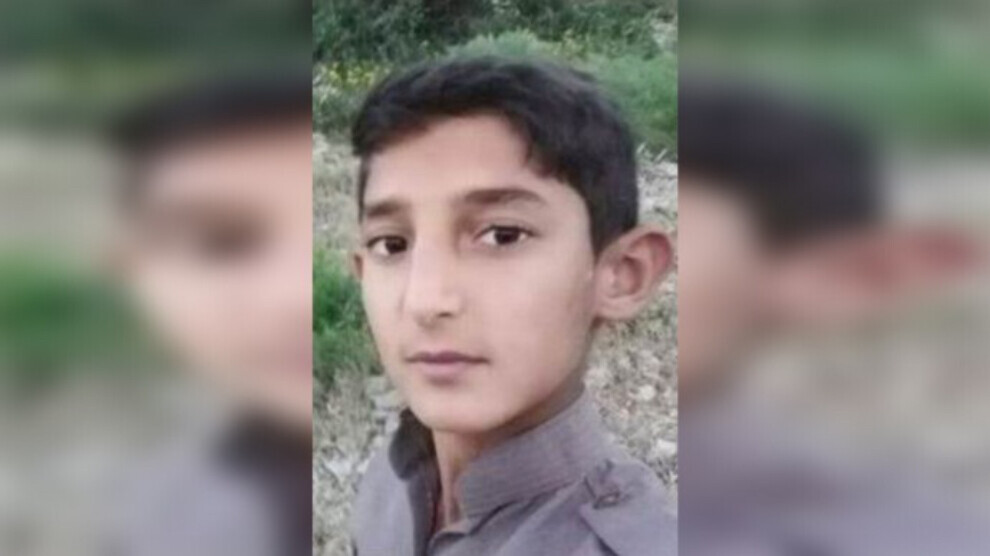14-year-old kolbar injured in attack by Iranian forces
Iranian state forces opened fire on kolbars and injured a 14-year-old in the Nawsoud region of Kermanshah province.
Iranian state forces opened fire on kolbars and injured a 14-year-old in the Nawsoud region of Kermanshah province.

According to Kolbarnews, Iranian state forces opened fire on several kolbars in the border region of Nawsoud at night on March 15.
Nawsoud is located in Hawraman district, north of Paveh city in Kermanshah province.
A 14-year-old boy named Mani Habibi was injured as a result of the attack and taken to Paveh City Hospital for treatment. It is reported that the teenager faces no risk of death.
According to Kolbarnews, Iranian state forces have killed at least 3 minors in different border regions of Kurdistan since the beginning of 2023.
The February data by the Kurdistan Human Rights Organization revealed that 3 kolbars died in traffic accidents last month. 12 kolbars were injured and one was killed as a result of direct fire by the Iranian regime forces.
According to the Kolbarnews annual balance sheet, 215 kolbars suffered injuries and 43 others lost their lives in 2022. Of these, 189 were injured or killed by the direct fire of state forces. Of the slain kolbars, 29 were killed by fire from Iranian Pasdaran (Revolutionary Guard) forces, and one other by Turkish soldiers. Other deaths were caused by challenging weather conditions, fall from high, traffic accidents and heart conditions.
Kolbars and kasibkars are targeted systematically by Iranian and Turkish security forces. Each year, dozens of them are killed with no punitive measures being taken. Apart from systematic attacks, kolbars are struggling to make a living under harsh weather conditions, dangerous geographical locations and mines.
Kolber or “kolbar” is derived from the Kurdish words “kol” and “bar”. Kol means “back”, bar means “load”. Kolbars make their living by carrying goods on their backs across dangerous borders. The goods they carry include cigarettes, mobile phones, blankets, household items, tea and rarely alcoholic beverages. They have to pass through dangerous roads between South Kurdistan and East Kurdistan. The goods brought are sold at relatively high prices in commercial centres such as Tehran. However, kolbars who carry out the transportation of goods at the expense of their lives receive a very small amount of wages.
Kasibkar refers to those people who receive the goods kolbars carry to South Kurdistan and find buyers in towns.